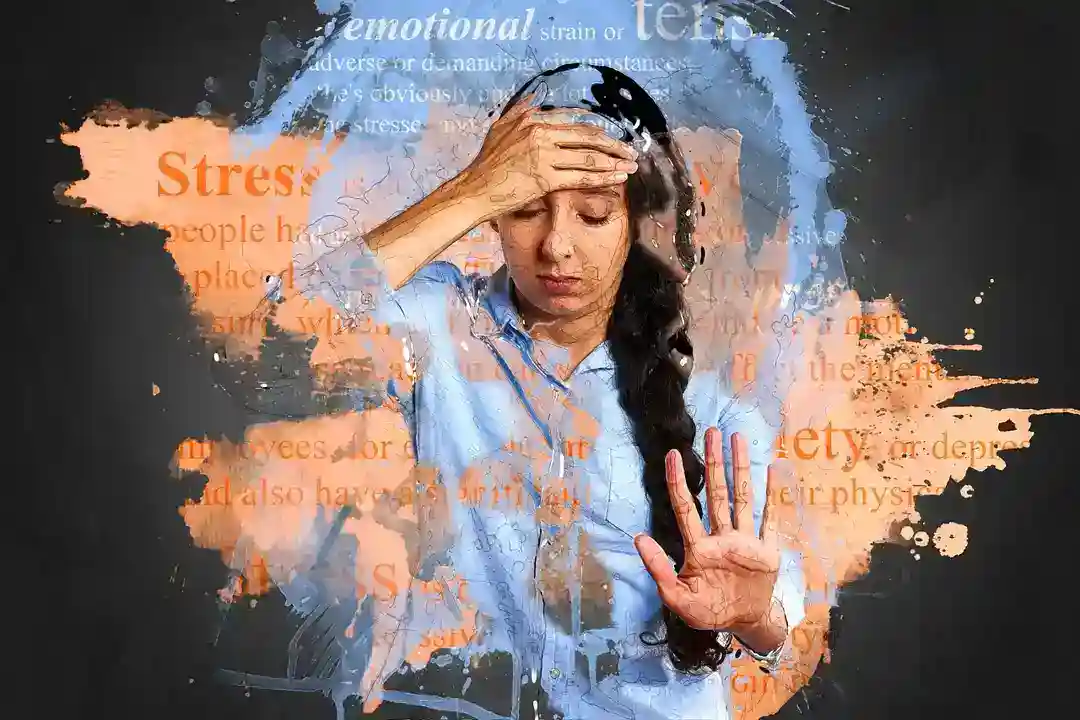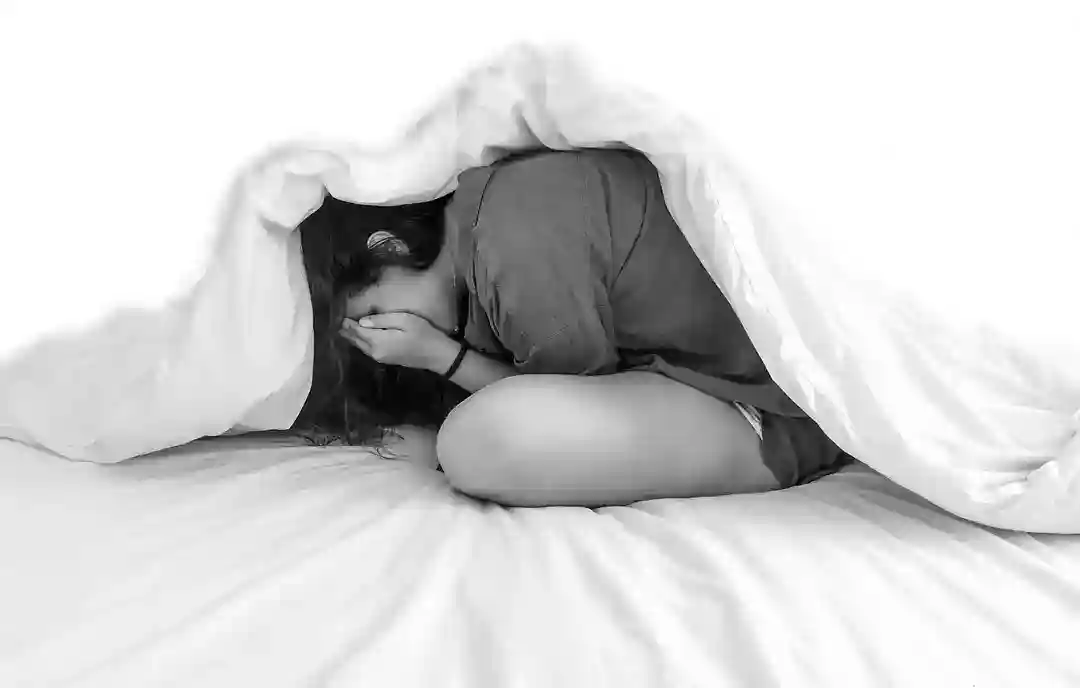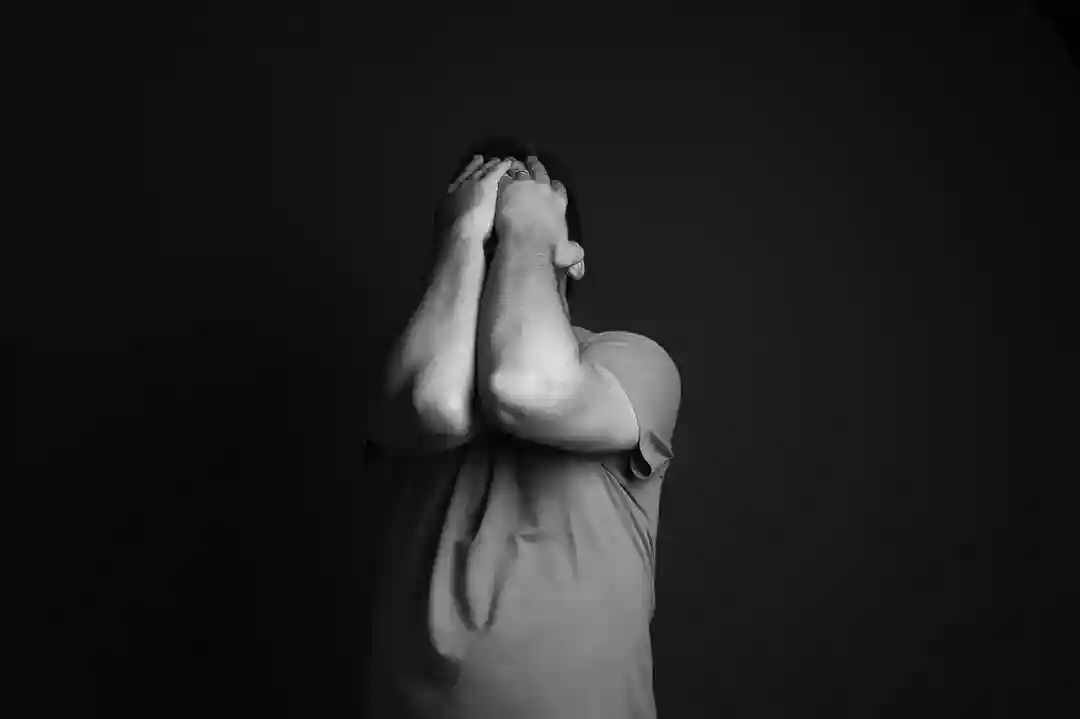Feeling Anxious Before Events Its Anticipatory Anxiety

How to Overcome Anticipatory Anxiety: Understanding its Symptoms, Causes, and Coping Mechanisms
Anticipatory anxiety a common phenomenon in the realm of anxiety disorders is the excessive worry about a future event. It could be a scheduled event such as starting a new job or a potential threat like the loss of a loved one. This type of anxiety often accompanies conditions such as social anxiety disorder and specific phobias.
While its natural for most people to have some level of concern about future events or situations extreme levels of anticipatory anxiety can negatively impact a persons daily life and functioning. Its a feeling of constant worry that can interfere with ones ability to enjoy the present moment and look forward to the future with optimism. In this article we delve into the world of anticipatory anxiety exploring its causes and coping mechanisms. Through understanding this complex condition individuals can better navigate their own experiences and find ways to manage their anxiety leading to a more fulfilling and less stressful life.

What is Anticipatory Anxiety: Understanding the Excessive Worry and Fear of Future Events
Anticipatory anxiety is a feeling of high levels of anxiety about a future event or situation. It's not just a little concern but an excessive or debilitating level of worry which tends to focus on negative outcomes. People with anticipatory anxiety may feel anxious hours days weeks or months before an event.
This can happen before work meetings or presentations, interviews, musical or athletic performances, or even a date or social event. It can also be about potential future occurrences such as natural disasters being attacked the death of a loved one or relationship breakdowns. Anticipatory anxiety is not a disorder but is a symptom of other anxiety disorders like social anxiety disorder.

How to Cope with Anticipatory Anxiety: Understanding the Fear of Future Events
Anticipatory anxiety is a common symptom experienced by many individuals causing them to feel nervous concerned or fearful about the future. It often leads people to dwell on the worst-case scenarios regarding future situations. This anxiety can manifest in various ways as each anxiety disorder has its own unique symptoms which can vary in intensity and duration. Those who experience anticipatory anxiety will typically have other anxiety symptoms as well.
Some common symptoms include feelings of apprehension or dread feeling tense or jumpy restlessness or irritability anticipating the worst being watchful for signs of danger headaches fatigue and insomnia sweating tremors and twitches and upset stomach frequent urination or diarrhea. These symptoms can significantly impact an individuals quality of life and daily functioning.

What is Anticipatory Anxiety: Understanding the Fear of Future Events and Coping with It
Anticipatory anxiety is a normal human process and a reaction to stress. It only becomes a problem when it involves excessive fear or worries that impact a persons wellbeing and functioning. This type of anxiety is a symptom of other anxiety disorders such as generalized anxiety disorder gad social anxiety disorder specific phobias and panic disorder.
Experts still do not fully understand the causes of anxiety disorders. However, they may result from a combination of genetics, life experiences, medical conditions, and medications. Several risk factors for anxiety disorders include a family history of anxiety disorders having other mental health issues experiencing trauma or high levels of stress and using drugs or alcohol.

How to Diagnose Anticipatory Anxiety: A Comprehensive Guide
When it comes to diagnosing an anxiety disorder a medical professional such as a psychiatrist or psychologist is the go-to expert. They'll start by conducting a psychological evaluation, which involves discussing your symptoms, feelings, and experiences to understand your mental health better. Next they'll compare your symptoms against the criteria outlined in the american psychiatric associations diagnostic and statistical manual of mental disorders dsm-5.
For mental health professionals this manual is like a road map to help them identify and diagnose mental disorders accurately. In some cases they might also perform blood tests or other medical tests to rule out any physical health issues that could be causing your symptoms. But this is crucial because anxiety can sometimes be a symptom of an underlying medical condition rather than a standalone mental health issue.

How to Overcome Anticipatory Anxiety: 5 Natural Ways to Reduce Fear and Improve Sleep Quality
Looking after your basic needs is a great way to start coping with anticipatory anxiety. This includes reducing the sources of stress eating a balanced diet and limiting caffeine and sugar intake. Regular exercise can also help to reduce anxiety as research has shown. Getting enough sleep is crucial as anticipatory anxiety can cause sleep disturbances and insomnia.
Breathing exercises or meditation can help you fall asleep quicker. If you're struggling with chronic sleep disturbances its important to see a doctor if mindfulness activities dont help. Practicing relaxation and grounding techniques can reduce anxiety and improve sleep quality. Techniques such as deep breathing progressive muscle relaxation guided imagery and grounding techniques can be learned from a therapist or through online videos. It is important to practice these exercises at scheduled times rather than when you feel anxious as they can serve as avoidant coping if used incorrectly.
Journaling can also help reduce anxiety and explore your fears and triggers. This is best done with the guidance of a trained mental health professional if you have avoidance disorders as it could lead to rumination or a compulsion that functions as avoidance coping. Changing your thinking can also help change your mood. Consider the source of your anxiety and the negative thoughts it produces then explore how realistic these thoughts are.
Often people with anxiety imagine the worst-case scenario. If you continue to challenge negative thoughts when they arise these thoughts should become less frequent over time. Practicing self-compassion - treating yourself with kindness and care in negative situations - can reduce anticipatory anxiety. One way to practice self-compassion is to think about how you would treat a friend who is having anticipatory anxiety. Sometimes people are kinder to others than they are to themselves.
This exercise highlights the importance of self-compassion. Taking charge of the situation can also be helpful. For example if youre anxious about a job interview practicing answering interview questions with a friend or family member can help. There are several natural ways of reducing anxiety.

How to Overcome Anticipatory Anxiety: Effective Treatments and Coping Strategies
Anxiety disorders are highly treatable with therapy and medication being the primary treatments. Therapy is a powerful tool in addressing sources of stress and anxiety, helping individuals learn healthy coping techniques. Cognitive behavioral therapy cbt is particularly effective for anxiety disorders such as generalized anxiety disorder gad panic disorder social anxiety disorder and specific phobia.
In order to improve mood and behavior it teaches people to change their thinking. Exposure therapy which involves gradual exposure to anxiety-inducing situations is also beneficial in building confidence and managing symptoms. Medication can also ease anticipatory anxiety and other anxiety symptoms especially when combined with therapy. Common medications include anti-anxiety medications like buspirone and antidepressants. Short-term use of benzodiazepines or beta-blockers may also be prescribed by a doctor. It is essential to discuss with a healthcare provider the options and the benefits and risks of each medication.

What is Anticipatory Anxiety: Understanding the Fear of Future Events and Coping with It
In the realm of mental health anticipatory anxiety can be a formidable enemy casting a shadow over your daily life work and relationships. Its a constant companion that you may not have invited but has taken up residence nonetheless. This unwelcome guest can manifest in various ways - as an excessive worry about the future a nagging fear that something terrible is lurking around the corner or even a general sense of unease that permeates every aspect of your.
When the anxiety becomes too much to bear its crucial to reach out for help. A doctor or mental health professional can offer you the tools and guidance you need to navigate these treacherous waters. And they can help you to understand that youre not alone in this struggle there are others who have walked this path before you and emerged stronger on the other side. Moreover, if your anxiety is coupled with other mental health concerns or if you find yourself turning to alcohol or drugs as a coping mechanism, seeking professional help becomes even more imperative. Then its like trying to put out a fire with gasoline - it might provide temporary relief but in the long run it will only make things worse. Remember you dont have to face this battle alone.
They want to see you succeed and overcome your challenges. So take that first step and call a doctor or mental health professional. Its the start of a journey that could lead you to a place of peace and tranquility where anticipatory anxiety is no longer the dominant force in your life.